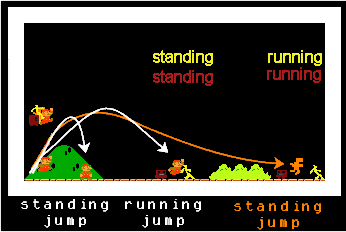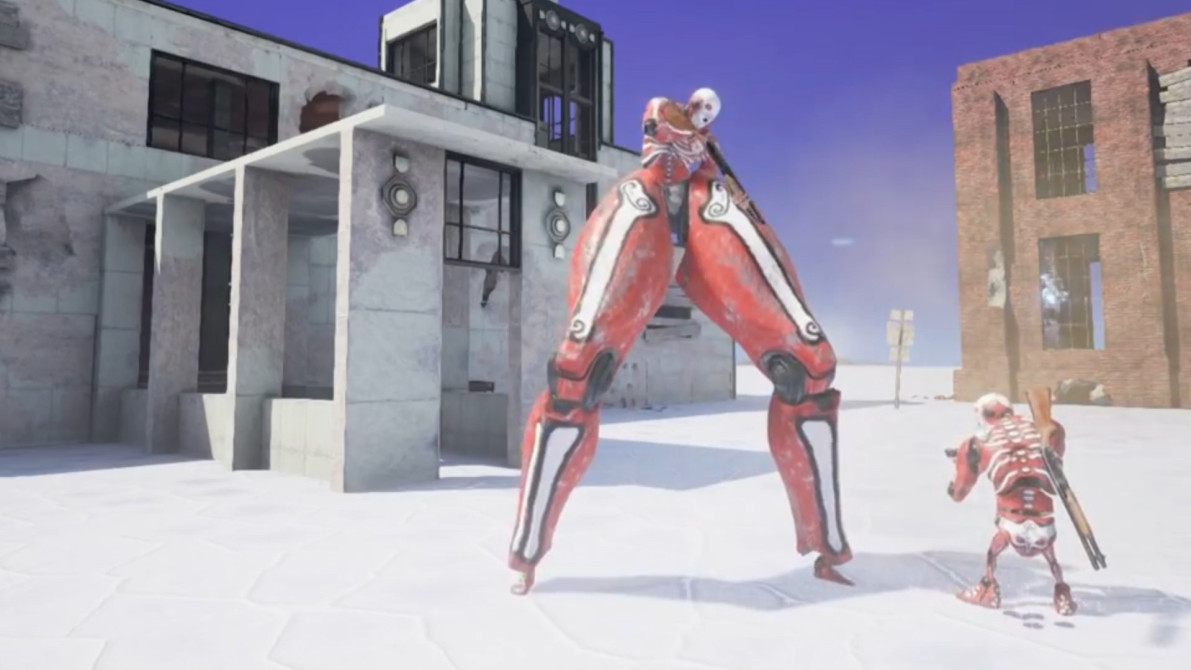Now that we’ve covered the surface of the gaming world, it’s about time we looked into the inner workings of a game, the mechanics. If you were to mention mechanics to anyone that was not a gamer, they’d probably assume you were talking about those people who fix machinery whenever they have issues. In the game world however, mechanics are essentially the skeleton of a game. Every action that the player can do in a game is an individual mechanic that the game has within it. Jumping? That’s a mechanic. Pause? That’s a mechanic. Every action is a mechanic. In this discussion, we’re going to talk about the importance of mechanics in games and what they bring to the table.

As mentioned above, mechanics are every action that happens in a game. Just like a person couldn’t operate without a skeleton, a game is nothing without mechanics. So immediately, we know that mechanics are pretty much the most important piece to any game. The perfect example of this is Super Mario Bros. on NES. Think about it: in this game, the only actions you were capable of were walking, running, and most importantly jumping. Nothing else. Only in future installments could you pick things up, get power ups, and even play other characters. So why is this game so legendary and successful? It’s because Nintendo understood how minimal amount of assets and mechanics could still create a challenging interaction. While 8-bit pixels are cool to select amount of gamers, I think we can all agree that they are not the prettiest, aesthetically speaking. So Super Mario Bros. not only had minimal aesthetics, but it also had essentially no story. It gave the player an objective (later on) which was to save the princess, but the game gave no other reasoning as to why you are playing. If anything, they actually left everything up to the player. Think about it: right from the beginning, there was no tutorial. There were no directions, nothing told you to go to the right, you chose to do that yourself. The developers of Super Mario Bros. perfected the idea of leading the player without forcing them or drowning them in information. Thus, there was no need for a tutorial. Everything you knew about Mario in that game simply came from your own exploration.
Of course, Super Mario Bros. (or any NES game) was a much simpler game, with even simpler mechanics. Thus, the game was perfectly fine without any sort of tutorials. However, more recent titles are involving much more complex mechanics which require explanation to the player. In addition, certain mechanics may be assigned to specific controls (depending on the platform), thus becoming even more complex for the player to understand. Think about it: if you were given a new RPG game and there were no tutorials, what do you do when you first press start? Could you figure out every single feature the game has to offer? This is why tutorials are necessary when the mechanics a game offers become more complex.

As technology advances, we, as gamers, become subjected to newer mechanics that would not have been possible in the early days of gaming. One such example is Virtual Reality (VR). While VR is a platform in itself, it is also a mechanic, utilizing the position of the player to determine different actions. And more is being added to VR as a whole, reaching for an immersive unlike any other.

It is important to note that because mechanics are every basic action in a game, it is hard to come up with more. However, that is not stopping developers from creating newer and more creative mechanics. For example, Morphies Law is an independent game that utilizes one of the most wacky mechanics ever seen in gaming. Revolving around the theme of mass, this shooter has a mechanic where shooting an enemy decreases their size and increases yours. In addition, the specific spot you shoot them in will be the only thing that shrinks, and you grows vice versa.

Overall, mechanics are vastly important, pretty much the most important other than the very idea of the game. The next time you play a game, look at every action you do. You’ll see how they are all mechanics and then you’ll begin to try and figure out how it works. Will that change your experience in a game? Absolutely. Arguably, it might ruin it. But nonetheless, it’s good to be aware of such things, especially since it can make you stronger as a someone who may be trying to get into the game industry.


